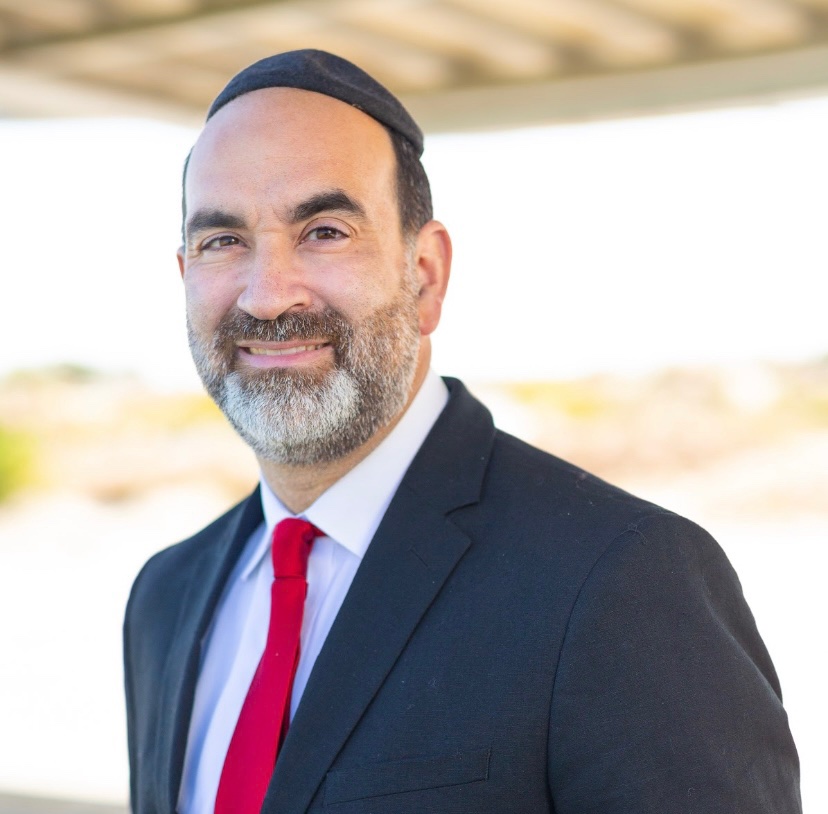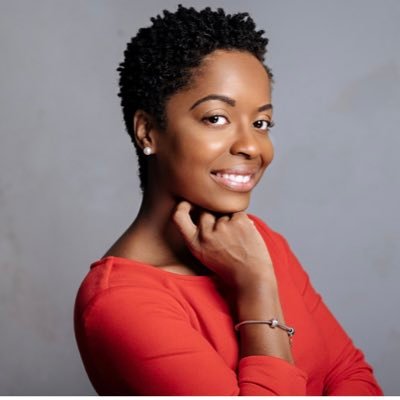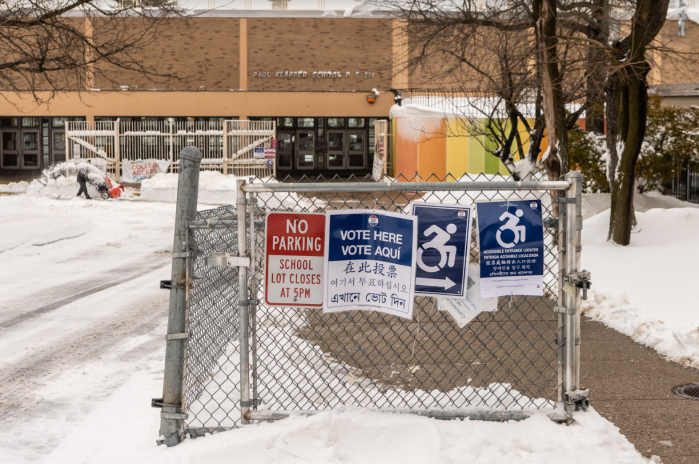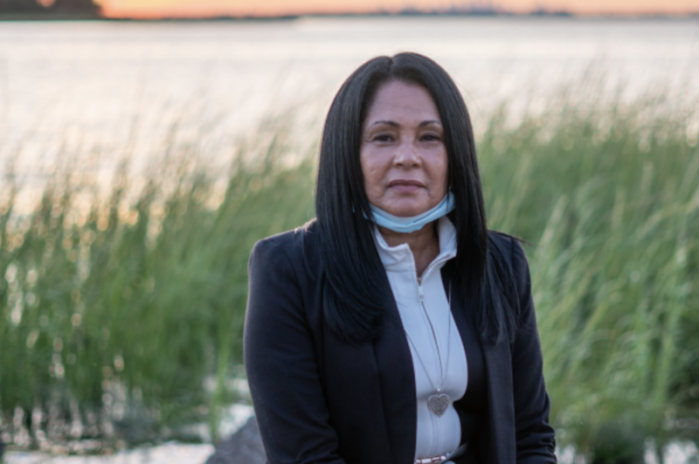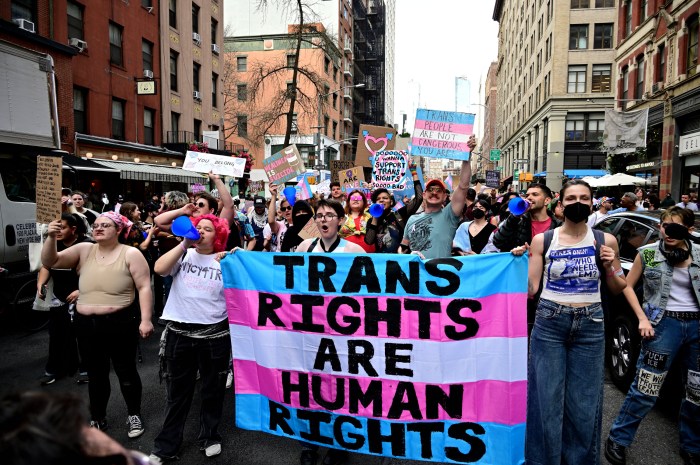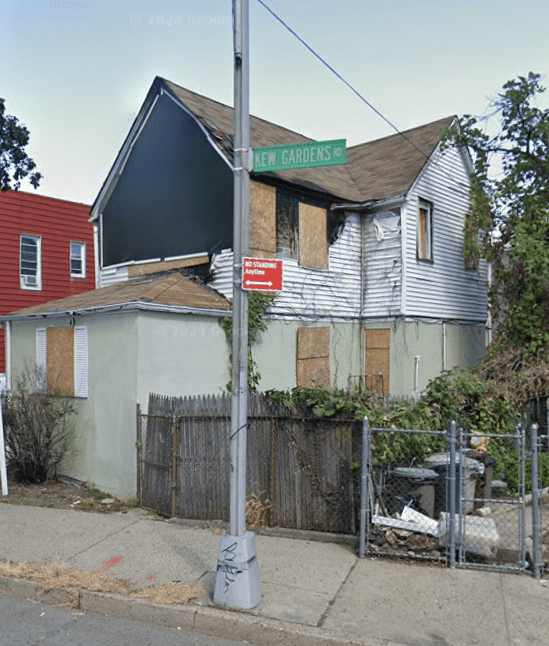For City Council candidate Pesach Osina, the second time’s the charm.
In 2013, he lost narrowly to now Queens Borough President Donovan Richards in a special election to represent City Council District 31 on the New York City Council. Osina contributes his loss the first time around to not having made enough inroads in different communities throughout the district. But the former Queens Borough Director for the NYC Comptroller said he learned a lesson from the last race. Osina, who is Jewish, said he has made major efforts at making connections within the predominantly Black district. It’s an initiative that he feels will pay off once the race is over.
“Over the past seven years, I’ve really been a stronghold in connecting communities,” he said. “I think I’m in a much stronger position than where I was seven years ago.”
Osina is one of nine candidates on the ballot in the special election to replace Richards on the ballot. Richards represented District 31, which encompasses Arverne, Brookville, Edgemere, Far Rockaway, Laurelton, Rosedale, Springfield Gardens, from 2013 until he vacated the seat in December to take the office of Queens Borough President.
The election, which is scheduled for February 23, will be the city’s second attempt at ranked choice voting.
On Osina’s list of priorities for the district are more hospitals, more supermarkets and better community connections with the NYPD.
Stepping up for the community is something that he has a lot of experience in, he said. He moved to the Far Rockaways in 2000 with his wife, where they settled down and had six children. He quickly became involved in advocacy work by volunteering at the Jewish Community Council. In the wake of 9/11, he helped form the first emergency response team in the area. He was soon an executive board member of Ready Rockaway, a group founded in 2008 made up of emergency responders that monitor flooding unique to the area, such as the flooding that caused destruction during SuperStorm Sandy.
“People here are still reeling from the effects of Sandy,” he said. “People here are still having the same issues.”
But flooding isn’t the district’s only issue, he said. There aren’t enough hospitals.
Southeast Queens has one trauma center which is in Jamaica. Some residents have to drive half an hour to 45 minutes to get there, he said, and that’s if they have a car.
“There’s no reason why the closest trauma center is Jamaica hospital,” he said.
According to The Trace, the lack of trauma centers in the area leads to more deaths from gunshots that would have been survivable in other parts of the city.
Osina said that there needs to be a private and public partnership among all existing health care organizations in the district. This would allow for health care organizations to expand and in turn, provide proper care for residents, he said.
Osina also envisions another type of public and private partnership –– he wants people to get to know the officers who patrol their streets.
This comes amidst a city wide discussion over police reform as different district candidates have different ideas on how to solve poor relations between the NYPD and racial minorities. Osina makes no secret of the fact that he is a community liaison with the 101st Precinct. He sees increased police and community ties as a great way to build trust within the district. One way to do this is by increasing resources for programs like the NYPD’s Police Athletic League, (PAL), he said.
“We need to create programs and work with our youth organizations to help maintain a positive interaction between our youth and NYPD. And that could be stepping up, you know, baseball games,” he said
Osina’s wish for private public partnerships in health care and his advocacy for PAL is reflective of his view that people are united by common interests, he said. Most people just want a good quality of life.
His job, as he sees it, is to not only listen to constituents but to learn lessons from what other parts of the community are doing and implement them for the district. He envisions his role as a councilmember as a lawmaker who marshalls different voices and synthesizes them into general interest policies for the good of all.
“If our voices are aligned, the more united we are, the more stronger we can be,” he said.


